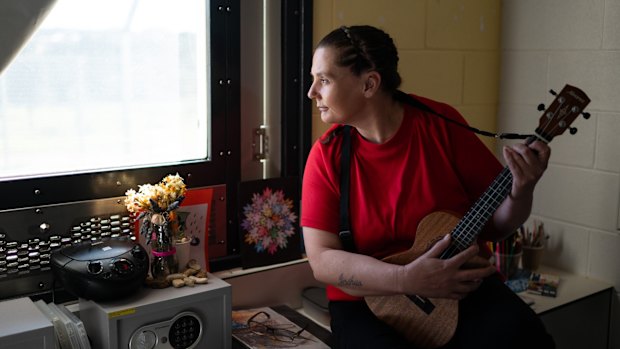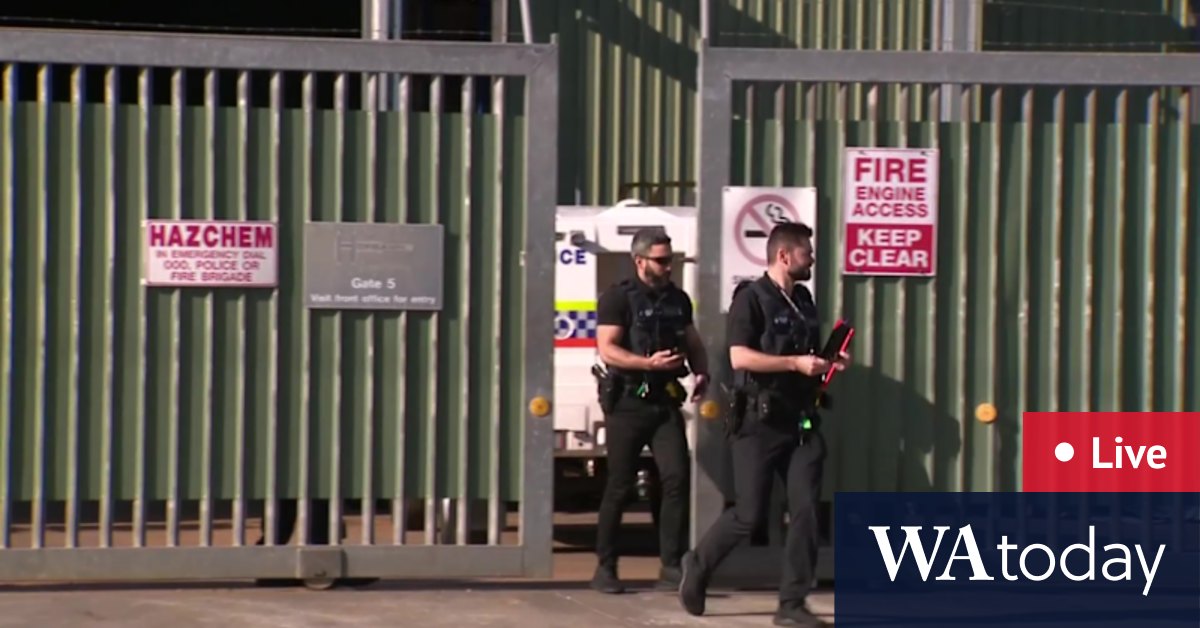A heartbreaking documentary about a transformative music program in a South Australian women’s prison has beaten off three highly fancied scripted features to win the $100,000 CinefestOZ Film Prize, the richest of its kind in Australia and one of the biggest in the world.
Two Western Australian-made features, Zak Hilditch’s zombie thriller We Bury the Dead and Zoe Pepper’s cross-generational real estate slugfest Birthright, and the Melbourne time-travel rom-com One Last Shot impressed audiences at the Busselton-based festival.

A still from Songs Inside, the winner of the CinefestOZ film prize.
However, when the jury chair Frances O’Connor stepped up to the mic at the weekend’s climactic gala event the British-based Golden Globe nominee brushed aside the highly fancied features to announce Shalom Almond’s Songs Inside as the winner of this year’s CinefestOZ Film Prize.
“Choosing a winner from these four exceptional films was genuinely a challenging decision as each film brought something unique and powerful, and we deeply appreciate the filmmaking, and know how hard won any film is,” said O’Connor, a WAAPA graduate who herself stepped behind the camera with the Emily Bronte biopic Emily (2022).
Songs Inside tells the story of a group of women in the Adelaide Women’s Prison whose damaged lives have been turned around by their participation in a music program led by Barkindji singer-songwriter Nancy Bates, with their journey culminating in a historic performance — the largest concert ever staged within an Australian prison — featuring the Adelaide Symphony Orchestra and an audience of over 200 inmates and special guests.
Almond told the gathering at Sabina River Farm outside Busselton it was an honour for her team to be competing in such a high-quality competition.
“Songs Inside truly is a testimony to the transformative power of music. Creating music and song inside prison fences brought light and meaning into such a dark place,” she said.
“For the incarcerated women involved in this project, music stripped away the identity of being a ‘prisoner’ or a number, it allowed them to feel like a mother, a daughter, a lover, a survivor or a leader again.
“The camera was there to document the women’s transformation around music, but soon many of the women began to use my camera as their own tool, almost like a witness or a trusted confidante to keep themselves accountable and prove to themselves that they could stay on track.”
